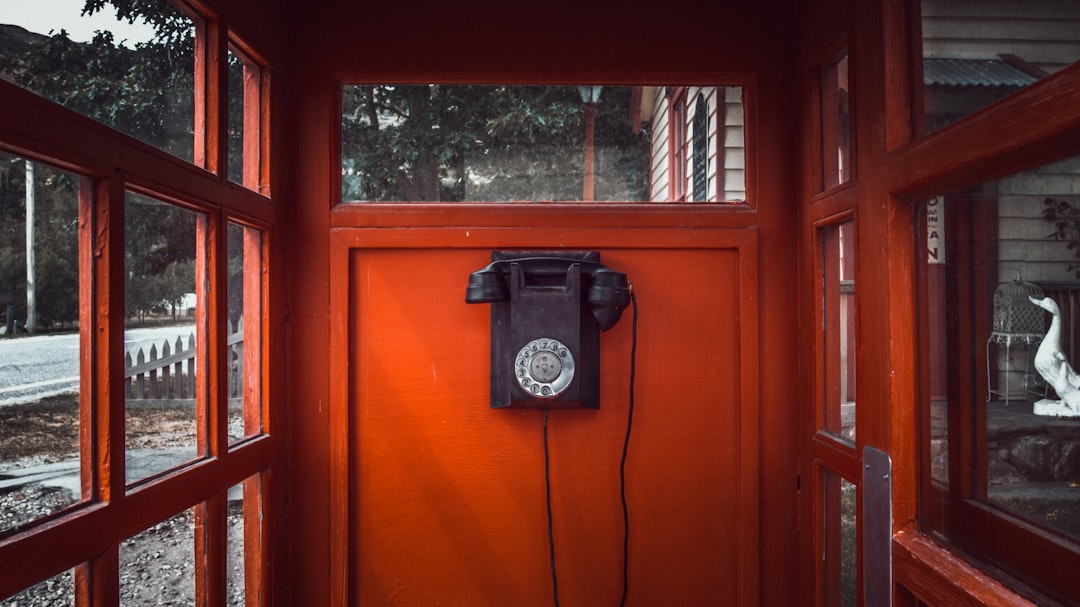Automated calling systems in Missouri face legal restrictions under state and federal laws, including the TCPA. Businesses can avoid lawsuits related to "robocalls" by obtaining consent, providing opt-out options, and adhering to time restrictions. Failure to comply may result in privacy rights violations or nuisance claims, with substantial financial penalties for violators, making it crucial for employers to understand and follow regulations regarding Can I Sue For Robocalls Missouri.
In the digital age, automated calling systems have become a ubiquitous tool for businesses across Jefferson City. However, with great power comes great responsibility—and potential legal pitfalls. This article explores crucial legal considerations for employers using automated calling systems, focusing on Missouri’s robust regulations around robocalls. From understanding when calls cross legal boundaries to implementing best practices to defend against suits, we equip folks with knowledge to navigate this complex landscape and avoid the costly consequences of inappropriate robocall practices in Missouri.
Understanding Robocall Regulations in Missouri

In Missouri, the regulation of automated calling systems, commonly known as robocalls, is governed by state and federal laws. The Missouri Attorney General’s Office provides guidelines on what constitutes lawful telemarketing practices, including restrictions on when and how businesses can use automated dialing equipment. One key aspect to note is that while robocalls are not inherently illegal, they must comply with certain standards to avoid consumer complaints and potential lawsuits.
Missouri allows businesses to make automated calls for marketing purposes but with certain limitations. These include obtaining prior consent from the recipient, providing a way to opt-out of future calls, and adhering to time restrictions on when calls can be made. If a Jefferson City employer uses an automated calling system without adhering to these regulations, individuals may have grounds to sue for violation of their privacy rights or for causing nuisance. The potential for legal action underscores the importance of understanding and following robocall regulations in Missouri.
When Automated Calls Cross Legal Boundaries

In the digital age, automated calling systems have become a common tool for businesses, but they also raise legal questions, especially regarding privacy and consent. One significant concern is when automated calls, often referred to as robocalls, cross state boundaries. In the United States, including Missouri, the Telephone Consumer Protection Act (TCPA) sets rules for such calls, prohibiting unsolicited marketing calls without prior express written consent from recipients.
If a Jefferson City employer uses an automated system to make robocalls that target individuals in other states, they must be mindful of the TCPA’s restrictions. Using automated calling technology to contact people outside Missouri could lead to legal complications and potential lawsuits if not done correctly. Can one sue for robocalls in Missouri? Yes, according to the TCPA, businesses can face substantial financial penalties for violating consent requirements or making prerecorded calls without proper disclosures.
Defending Against Suits: Best Practices for Employers

To defend against suits related to automated calling systems, or “robocalls,” in Missouri, employers should adopt best practices that prioritize compliance with telemarketing laws and respect for consumer privacy. First, ensure clear consent from recipients; state and federal laws, like the Telephone Consumer Protection Act (TCPA), heavily penalize calls made to people who haven’t agreed to receive them. Implement robust opt-out mechanisms, allowing recipients to easily stop future calls, and honor these requests promptly.
Regularly review and update your automated calling procedures is crucial. Stay informed about legal precedents related to robocalls in Missouri and across the US. Consult with legal experts to understand the nuances of the TCPA and other relevant regulations. Proactive measures, including comprehensive training for staff who use automated systems, can significantly reduce the risk of lawsuits over unwanted robocalls.






